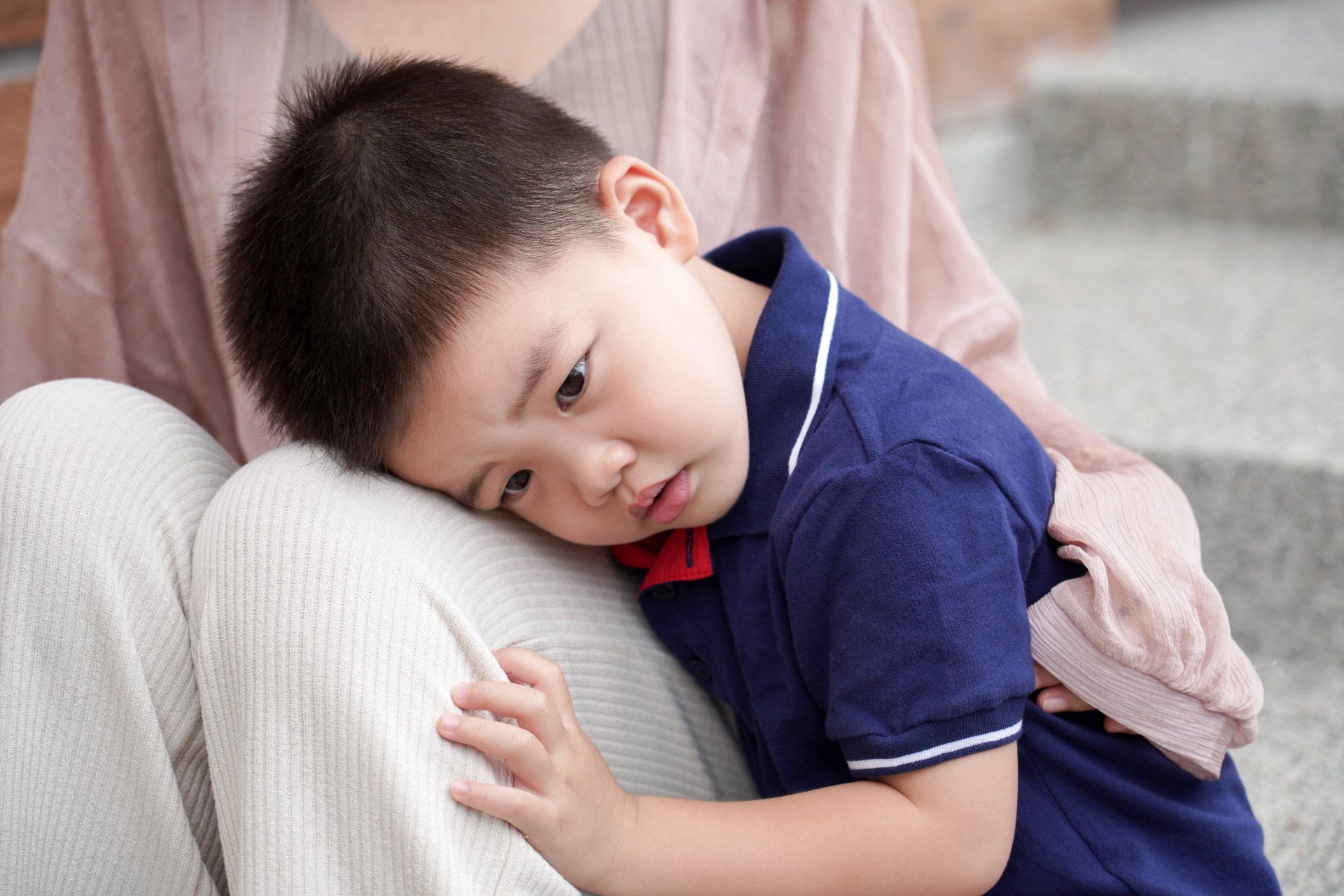The Whats and Whys of Childhood Bedwetting
Enuresis nocturnal
The majority of children are able to control day-time urination by the age of three, but often it takes a little longer to gain nighttime bladder control. If your child is more than five years old and wets the bed at night, doctors call it enuresis nocturnal. Enuresis nocturnal means ”involuntary nocturnal urination” also known as bedwetting. Bedwetting is a very common condition that affects children worldwide.
Bedwetting can be divided into two categories; primary and secondary. Children in the primary category have never been dry at night, while children in the secondary category experience involuntary urination during the night. Often, the child has been dry for more than six months and then suddenly starts wetting the bed again.
Causes of bedwetting
The ability to control the bladder varies from child to child, but if your child is more than 5 years old and still wets the bed at night, it probably means that they have not yet developed the necessary skills to stay dry at night. Normally, the hormone ADH tells the kidneys that the urine production must be slowed at night. Some children do not produce enough of this hormone, which means their kidneys continue to produce urine at the same rate as during the day. This may be one of the reasons for bedwetting. When your child gets older, they will gradually produce more of this hormone, causing bedwetting to become less frequent, and eventually to stop entirely. Bedwetting can also be caused by psychosocial stress, or have physical causes such as a metabolic disorder like diabetes, external pressure on the bladder caused by constipation, or a urinary tract infection.
How is bedwetting treated?
The majority of children will outgrow bedwetting without ever needing any kind of treatment. As parents, it can be hard to determine whether your child’s bedwetting is something that will pass on its own or if treatment is needed. The treatment method always depends on the underlying cause of the bedwetting. Therefore, it is crucial to have your child examined by a doctor, who together with you, will decide if and what treatment will be the best option for your child. In many cases treatment might not be necessary at all.
When to take action?
Treatment is usually initiated before your child starts school. Around this age, your child is typically old enough and motivated for the treatment to be a success. You will quickly notice if the treatment is working, as the child’s self-esteem and wellbeing will increase significantly.
Treatment methods
The most common treatment methods of bedwetting are either a bedwetting alarm or medical treatment. The bedwetting alarm is a special kind of alarm that instantly wakes your child when they wet the bed. When your child’s sleep is interrupted, their brain is stimulated to control the bladder and thereby prevent further accidents. This method is very effective, but only if your child is ready and motivated to try the alarm device. Your doctor may otherwise recommend pharmaceutical options that work by decreasing the volume of urine at night, or may diagnose and treat any underlying conditions that may be contributing to bedwetting.*
*We always advise you to contact your family practitioner if your child wets the bed at night. Your doctor can diagnose your child and talk to you about the different causes and treatment possibilities. Bambo Nature is a family-owned company dedicated to creating eco-friendly baby care products that are safe, gentle, and naturally effective.
Bambo Nature is a family-owned company dedicated to creating eco-friendly baby care products that are safe, gentle, and naturally effective.











